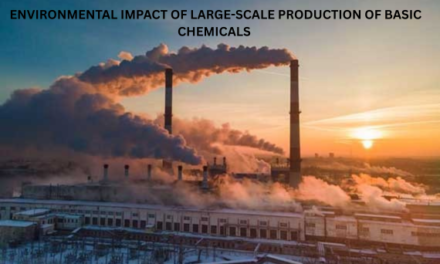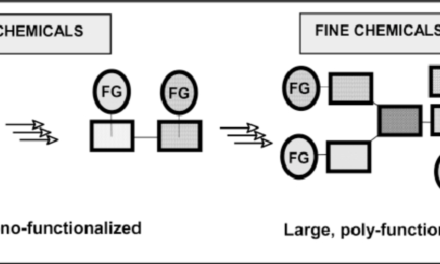Advancements in refining are significantly impacting petrochemical yields, enhancing efficiency, output quality, and the sustainability of production processes. Here’s how:
1. Integration of Refining and Petrochemical Processes
- Refinery-Petrochemical Integration: Modern refineries are increasingly integrated with petrochemical units, allowing for seamless conversion of crude oil into high-value petrochemical products.
- Crude-to-Chemicals Technology: This innovation bypasses traditional fuel production and focuses directly on maximizing chemicals like ethylene, propylene, and aromatics.
2. Advanced Catalysis
- High-Performance Catalysts: Improved catalysts enhance the conversion of feedstocks, increasing yields of olefins and aromatics while reducing byproducts.
- Selective Catalysis: Enables more precise targeting of specific petrochemical products, optimizing output.
3. Feedstock Flexibility
- Use of Lighter Feedstocks: Technologies now enable the use of ethane, propane, and other lighter feedstocks, which are more efficiently converted into petrochemicals.
- Utilization of Unconventional Feedstocks: Advancements allow refineries to process shale oil, bio-oil, and waste plastics, diversifying sources.
4. Process Optimization
- Thermal Cracking Improvements: Enhanced steam cracking processes increase ethylene and propylene yields while minimizing energy consumption.
- Digitalization and AI: Real-time monitoring and predictive analytics optimize operating conditions to maximize petrochemical outputs.
5. Sustainability and Efficiency
- Energy Efficiency: Innovations reduce energy consumption, making processes more sustainable and cost-effective.
- Carbon Capture and Recycling: Integration of carbon capture with refining reduces emissions and utilizes CO₂ as a feedstock for chemicals.
6. Market Impact
- Increased Product Variety: Refineries now produce a broader range of high-value petrochemicals, such as specialty chemicals and advanced polymers.
- Higher Profit Margins: Focusing on petrochemical yields rather than traditional fuels, which are facing demand stagnation, improves profitability.










